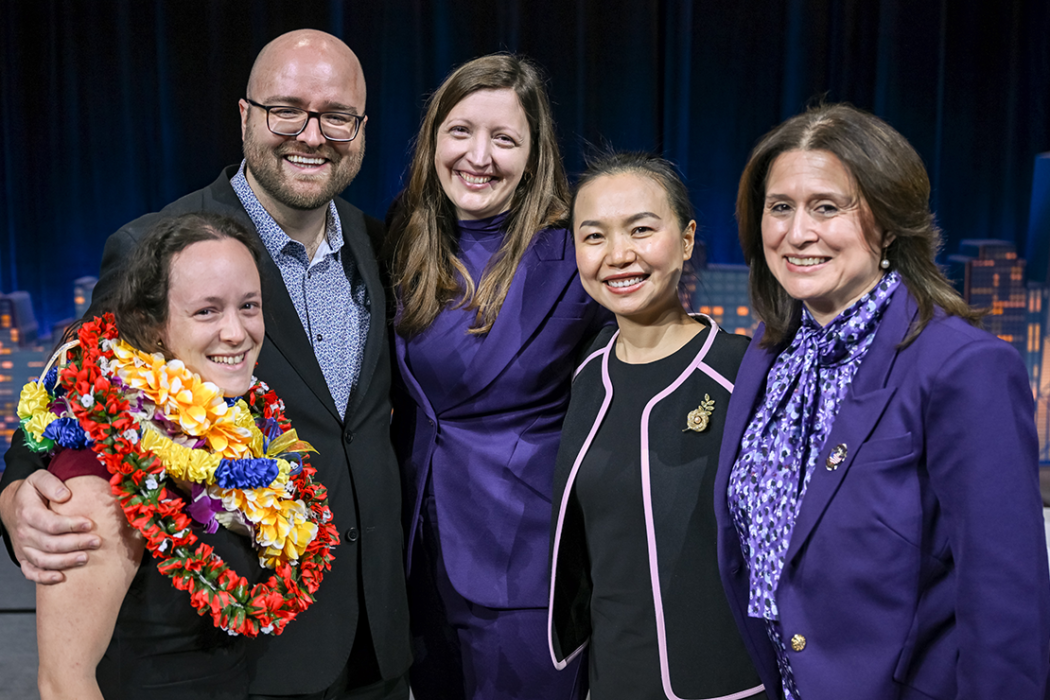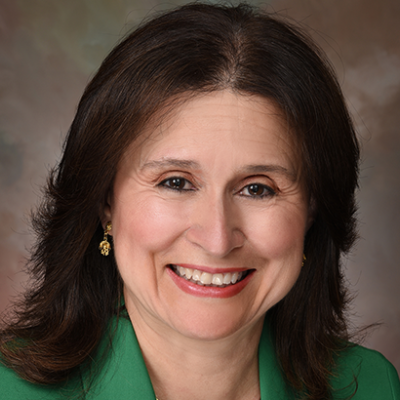Claudia Decker

2024 Hall of Fame Nominee

Nashua, NH
2024 Finalist from NECTFL
Spanish
I began my career in 1994, teaching Spanish in a K-8 parochial school in Ogden, Utah. Saint Joseph Elementary had no budget for textbooks and auxiliary materials. My resources were a few grammar workbooks, readers and a handbook from a workshop titled How to Differentiate Language Instruction Across All Levels. Fortunately for me, I attended the workshop before beginning my teaching assignment. Helena Curtain, the dynamic presenter, provided activity templates, lessons and strategies that I used to write curriculum. But it was something she said at the end of the workshop, a quote, that became the vision for my career in language education: “To learn language, you must first understand culture. In understanding culture, you learn tolerance and respect for others. In learning tolerance and respect for others, there is hope for peace.”
Twenty-eight years later, as head teacher of World Language at Nashua High North, I’m more committed than ever to proficiency-based instruction. Textbooks and their auxiliary materials no longer drive our curriculum. My colleagues and I create units based on authentic products, perspectives, and practices. Our student body is one of the most diverse in all New Hampshire. The need for building community among these learners is critical, especially after a pandemic and the invasion of Ukraine. Many believe that they lack culture and challenge us to show them why it is so important.
Developing cultural competence has been about taking up skillsets instead of worksheets, integrating foods such as arepas, pupusas and borscht into our lessons. It means exploring perspectives of communities in Guatemala through Facebook and YouTube to examine why kites are made on November 1st in Sumpango as a way of welcoming home their departed loved ones. It means sharing your own end of year harvest traditions like Thanksgiving with students new to the United States. Learning language has become about communicating interpersonally with people in real time and using technology effectively. My students interview native Spanish speakers via Zoom; a Dominican college student named Ismael, a metallurgic engineer named Candela, and Marina, a Ukrainian refugee on temporary status in Spain.
The learning of language and culture is essential for our collective survival in the face of shortages and war. March 25, 2022 bought images of air strikes on endless streams of video via drones. The names of cities across Ukraine became known to the rest of the world on Facebook, Instagram, TikTok and Twitter. Learning Russian for me has been an act of love for Marina, mother of my son-in-law, who fled Kharkov and is on temporary citizenship status in Spain. Our classes via WhatsApp require the use of PowerPoint videos and a white board. I share Marina’s progress and her journey with my students who collaborated with several honor society chapters to create a video message of support titled: Campania Girasol. Its purpose is to lead viewers to the IIIE Emergency Fund for Artists and Students in Peril: Video message